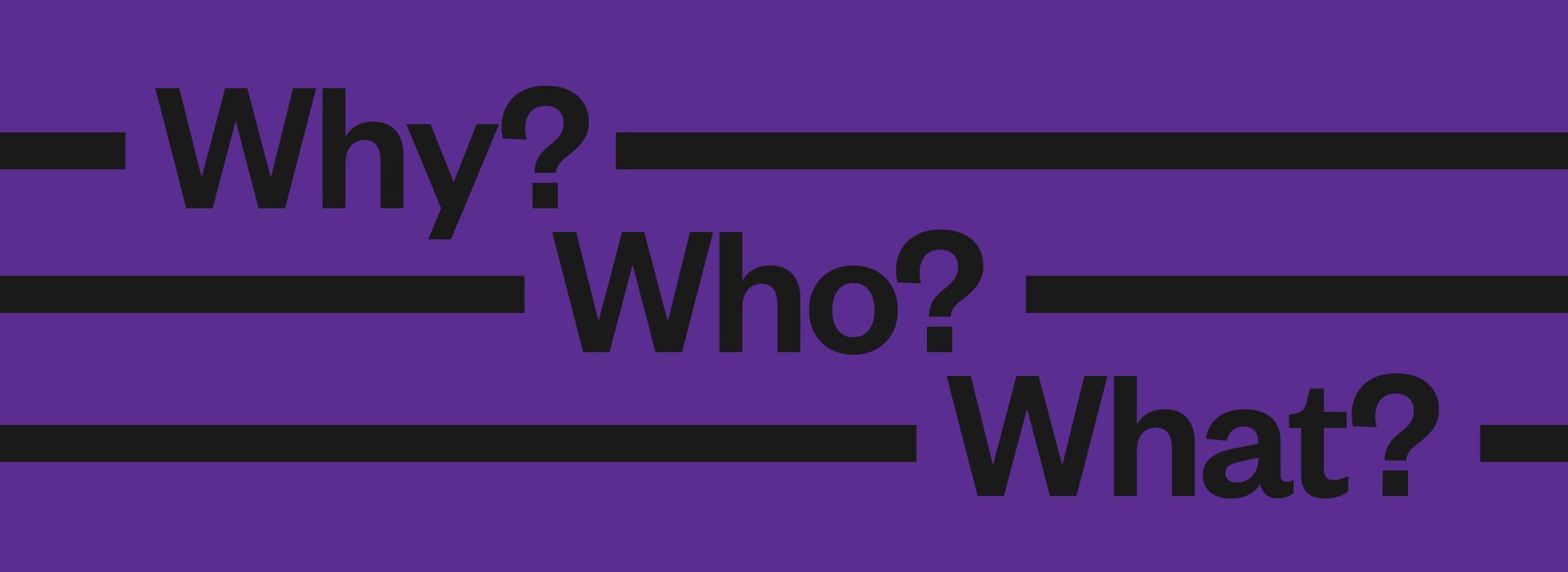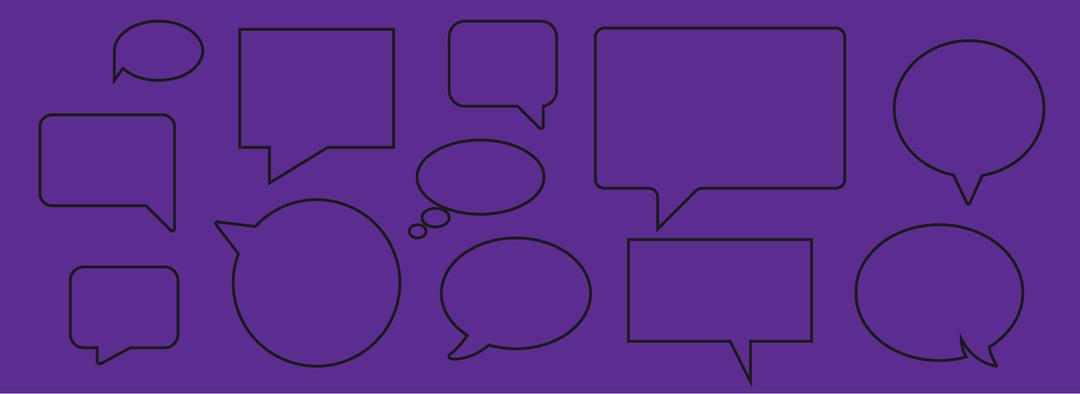To get the right person for your latest marketing role, you want to make every moment of your interviews count.
Whether you make your hiring decision in 60 seconds or 30 minutes, you really want to tease out a candidates best side in the short time that they’re being interviewed.
Trying to make candidates feel as comfortable as possible, work out whether they’re a good fit and get down to why they really want your job is difficult.
But here’s a tip, don’t try and wing the interview with the bog-standard questions every single other company will ask.
Consider what you need to know about a person and tailor your questions to help you uncover this insight. Asking stale questions like “where do you see yourself in 5 years’ time?” will trigger one of two reactions:
A. Blind panic. My default setting whenever anyone asks me this: “ I don’t even know where I see myself next week never mind in 5 years.
B. A rehearsed answer. It’s one of those predictable questions that the prim, trim candidates will have prepared weeks in advance (along with ironing their shirt). They’ll have researched what you want them to hear, rather than what they actually believe.
By asking standard interview questions like this, you’ll either put the candidate totally on edge or learn nothing useful. So what do you do instead?

Preparation: Before the interview day
Start by asking yourself these fundamental questions:
- 'Why are you asking them these questions?’
- ‘Who would your ideal candidate be?’
- ‘What kind of answers are you looking for?’
Be clear about who you want to find at the end of your interviews. It’ll help you think about the right questions to ask, giving candidates the chance to show you their real skills and talents.
7 Practical Questions to help you find the right candidate for your marketing role
Question 1:
"We have two potential designs for the homepage of our website, but we don’t know which one to use. Half the company likes one, and the other half of the company likes the other. Which one should we use?”
A great starting point to any marketing role interview, but also a challenging one. It gets candidates thinking about how to solve design challenges, using methods like A/B testing and user testing to overcome differences in opinion. It’s a difficult question, but offers a chance for marketers to show they understand the role of both data and UX when it comes to design.
Question 2:
"Draw a funnel on the whiteboard showing 10,000 visitors, 500 leads, 50 MQLs, and 10 new customers. Now, pretend you're the CMO for the company, and you have to decide what your marketing team should do to improve on these metrics. Which areas of the funnel would you focus on?"
This sort of question will not only test their knowledge of working with numbers but will help you to figure out whether they’re confident in using marketing terms. Do they use the correct terms confidently when analysing these numbers, such as conversion, ToFu or MQL?
It also tests their confidence with working with numbers. If the candidate can’t work with basic figures, then the likelihood is that they will struggle when faced with reporting and analytics. But, if they can show confidence analysing numbers in a pressured interview, then you know that they’ll be able to do it on a day-to-day basis.
The question will also give you an indicator of where their marketing strengths lie. If they focus in on the top of funnel metrics, it’s likely that they’re more confident in their skills in this area. If they start talking about supporting the sales team with product collateral, case studies and sales enablement programmes, then it’s more likely they’re a bottom of funnel marketer.
Question 3:
“How do you keep up to date with the latest marketing news and trends?”
Figuring out what a candidate reads is important because it’s a good measure of how invested they are in the industry as a whole. If they’re not reading a whole lot then they probably don’t know what’s going on in the wider industry and if they’re not exploring quality content then their knowledge is likely to get out-of-date fast.
Ensuring that they’ve researched your particular area of the industry is also important because it shows that they are genuinely invested in the job.
Question 4:
“What is it about marketing that you love?”
Asking them with a big open-ended question like this one during interview will immediately sift out the candidates that are genuinely engaged from half-hearted applicants. They’ll do or die under this sort of a question because they can’t hide behind their CV.
Question 5:
“Do you have any questions for me?"
Don’t restrict candidates to asking questions at the end of the interview. Encourage candidates to ask questions at any time, as strong candidates are likely to want to qualify parts of what your company does and what the role will include.
If you think a candidate might be too nervous to ask difficult questions, try to help them with prompts like “Is there anything that you’d like to know about the benefits package?” or “Would you like more details about a typical day in your role?"
Question 6:
“If you were offered the job, how would you get to the office?”
If the role is office-based, you want to make sure the candidate can get to work before you make them an offer. Or, if there are opportunities for flexible working, this is a great way to start the conversation.
Imagine finding an ideal candidate, who is switched on, smart and funny, but lives 30 miles away and can’t drive. Unfortunately, even if you desperately want them to take your job, the day-to-day practicalities could get in the way. The chances are that if they’ve applied they’ve already thought this bit through, but it’s always worth asking and often gets lost amongst all the other questions.
Question 7:
“What expectations do you have for this role?”
Keep in mind that you’re not just interviewing them, they’re sussing you out too. Whether it’s the practical elements of the job or the tone that you set as they walk into the room, they’re using the interview to see whether or not they actually want to work with you.
Friendly, collaborative interviews (rather than a 30 minute grilling) can help demonstrate your culture to candidates, showing them why they’d want to work with you. It’s a subtle but important aspect to keep in mind.

Challenge your candidates, yes, but don’t persecute them just because you can. You’ll never find the right candidate if you’re looking for the negative attributes of every one of them and you won’t get the most out of your interview time if the candidate is put on edge unnecessarily. In summary:
- Be polite: There's no need to be rude
- Be yourself: You'll only find a great fit candidate if you're honest with them
- But don’t take any rubbish either: If a candidate is clearly not prepared or interested in the role, don't feel the need to progress their application